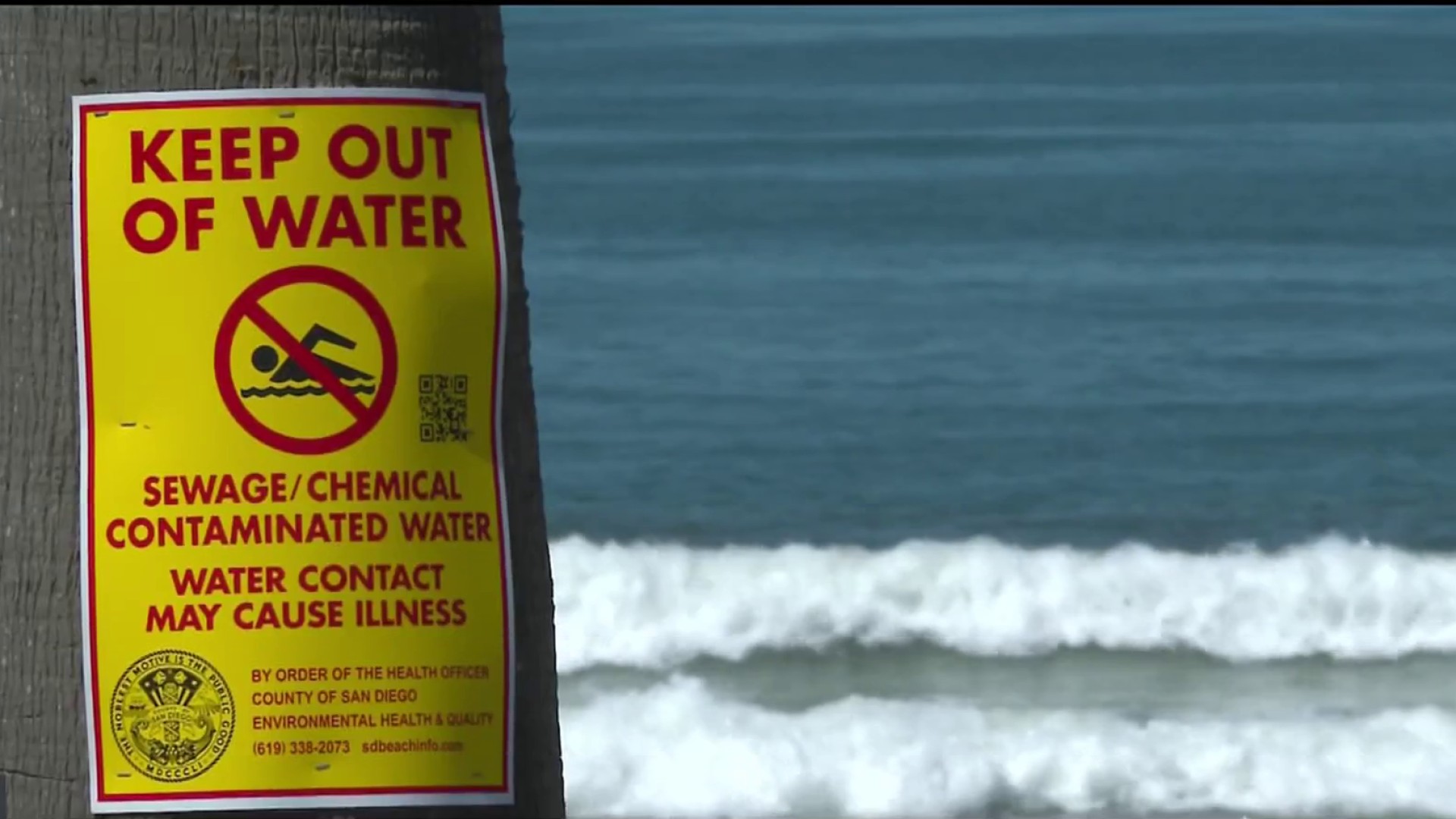Scams are so prevalent that there are many government agencies assigned to investigate them, like the FCC and the FTC. But it can be confusing to figure out who you should contact. Sergio Flores from NBC 7 and Telemundo 20 responds shows us an online tool that makes the process much easier,
Scams are so prevalent that there are many government agencies assigned to investigate them.
Whether it’s a hacked social media account, a compromised debit card used without your consent or a case of identity theft wreaking havoc in your life, scams are a common complaint that come into the NBC 7 Responds tipline.
It used to be confusing knowing who to contact since it depends on the nature of the scam that tried to take your money or your identity. Not anymore!
The usa.gov website has a one-stop shop designed to help you report scams and fraud in a more user-friendly way.
Get top local stories in San Diego delivered to you every morning. Sign up for NBC San Diego's News Headlines newsletter.
After you click on that link, you’ll see a few explainers of the different types of scams. Just click on where to report scams.
Hit the "find the right place to report a scam" button and you’re ready.
First, indicate the type of scam.
Local
Once you hit next, you’re asked to narrow it down a bit more. For example, let’s say it was related to your tax refund. Once you click next you’ll get a quick description of the scam and direct links to the agencies that you should be reporting your case to. That’s it.
By reporting it, you not only help agencies keep track of these scams but they also may be able to guide you to recover as much as possible.
The San Diego County District Attorney’s office also has some resources that could help you prevent identity theft and real estate fraud. They also have a comprehensive toolkit for seniors to protect themselves from scams that prey on them.



